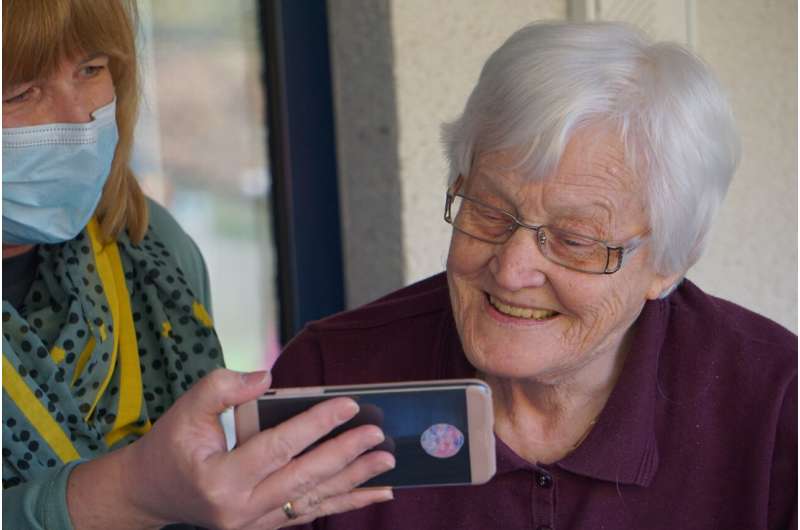Advancements in African-Centric Health Chatbots Through New Dataset

A new dataset, AfriMed-QA, aims to improve AI-driven healthcare chatbots for Africa by incorporating local medical conditions and challenges, promoting more accurate and accessible medical assistance on the continent.
A pioneering medical dataset is set to transform healthcare delivery in Africa by enhancing the capability of health chatbots to understand and address the continent's unique medical challenges. Developed by researchers from Georgia Institute of Technology and Google, the AfriMed-QA dataset aims to improve the accuracy, relevance, and accessibility of AI-driven medical assistance tailored specifically for African populations.
The dataset encompasses over 15,000 question-answer pairs sourced from more than 60 medical schools across 16 African countries, spanning numerous specialties, diseases, and regional health issues. It is designed to support the development and evaluation of large-language models (LLMs) like Google's MedGemma, which process medical texts and images to assist both healthcare professionals and patients.
One of the key motivations behind AfriMed-QA is to fill the gap left by existing datasets like MedQA, which primarily train models on U.S. medical standards and licensing exams. Nimo and Olatunji, creators of AfriMed-QA, emphasize that models trained solely on U.S. datasets may recommend treatments that are inaccessible or unaffordable for many Africans, or overlook prevalent local conditions such as sickle-cell disease, HIV, and malaria.
The dataset aims to ensure ML models are contextually aware of African medical realities, including the availability of diagnostic tools, medication costs, and common health conditions. By doing so, it helps prevent inappropriate advice, inappropriate treatment recommendations, and enhances the trustworthiness of AI-based healthcare in African settings.
Google’s recent release of MedGemma, which integrates both MedQA and AfriMed-QA datasets, exemplifies progress toward more inclusive and localizable AI medical tools. MedGemma supports multimodal inputs, including images and texts, and comes in versions with up to 27 billion parameters.
This initiative is part of a broader effort to democratize healthcare across Africa by leveraging AI’s potential to reduce the strain on overwhelmed health systems, shorten waiting times, and improve clinical decision-making for underserved populations. The collaborative project involves Georgia Tech, Google, and several African institutions, highlighting the importance of localized data in advancing global health equity.
According to project lead Mercy Asiedu, a researcher from Ghana at Google Research, utilizing these datasets allows development of models that are both expert-level and sensitive to regional contexts, ultimately supporting task-shifting and improving health outcomes in Africa.
For further details, see source: https://medicalxpress.com/news/2025-07-dataset-health-chatbots-mindful-african.html
Stay Updated with Mia's Feed
Get the latest health & wellness insights delivered straight to your inbox.
Related Articles
California Seniors and Disabled Face Threats to In-Home Care Amid Potential Medicaid Cuts
California seniors and disabled individuals are at risk of losing in-home care services amid proposed federal Medicaid cuts, threatening their independence and well-being.
Rising Unsupervised Use of Antibiotics to Prevent STIs in the Netherlands
An increasing trend of unsupervised antibiotic use among key populations in the Netherlands highlights concerns over antimicrobial resistance and public health impacts related to STI prevention.
Vaccine Access Challenges Persist for Seniors Amid Rising COVID-19 Cases
Rising COVID-19 cases and evolving federal policies are creating barriers for seniors to access vaccines, leading to frustration and increased health risks amid ongoing pandemic waves.
Genetic Factors Influence Why Some People Age Faster Than Others
New research identifies over 400 genes linked to different types of accelerated aging, paving the way for personalized anti-aging therapies and improved health in older adults.



